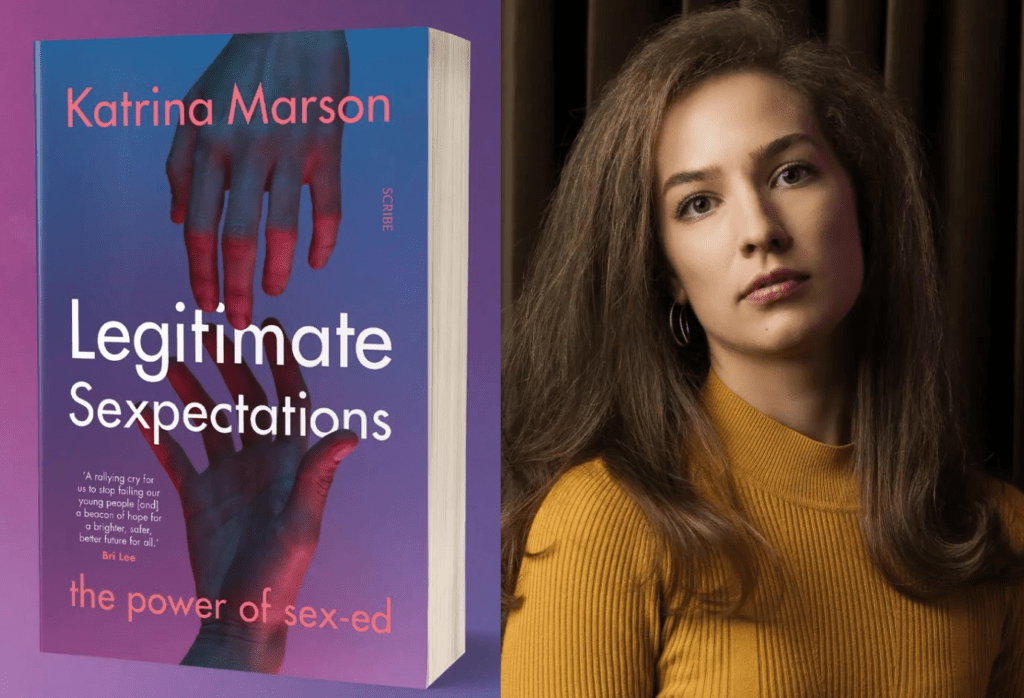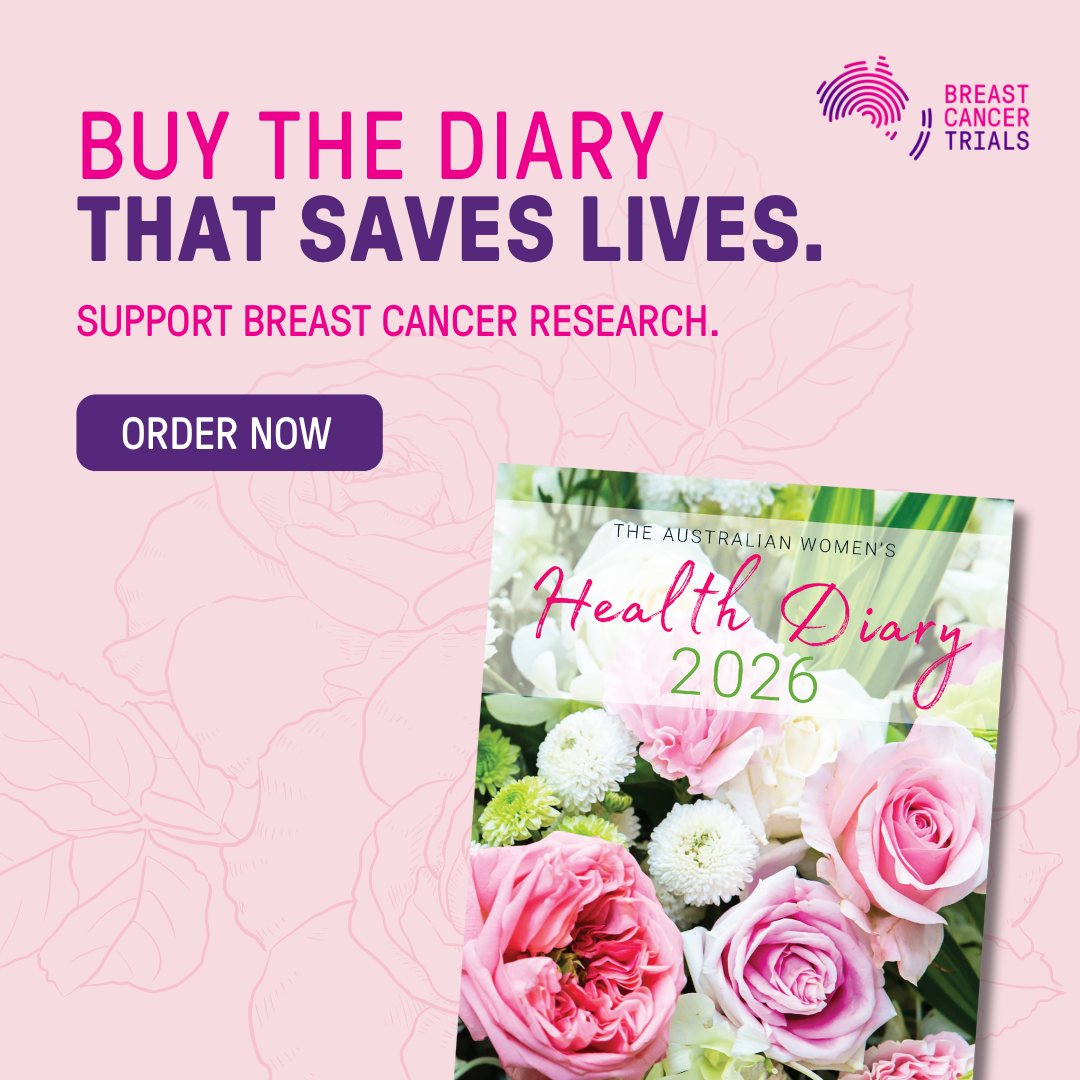Since February this year when education ministers unanimously committed to implement holistic and age appropriate consent education in Australian schools from 2023, conversations have been rife regarding what that would look like.
And many people have been keen to share their opinions about how best to do it.
Criminal lawyer, researcher and author, Katrina Marson, is one figure whose opinions we should all be paying attention.
The former Churchill Fellow and founder of the Relationships and Sexuality Education Alliance in ACT used her Churchill funding to travel overseas to study how different countries have implemented comprehensive relationships and sexuality education (RSE) as a means of safeguarding sexual wellbeing.
Her career from lawyer to advocate came when she discovered the limits of the law as a criminal lawyer.
“You begin to learn how limited the criminal law response is. Because it’s reactive by nature, and only for some people,” Marson told Bri Lee last week, at an event to launch her new book, “Legitimate Sexpectations.”
“You become frustrated to do anything and you start to look for other solutions, like education,” she said.
In 2019, Marson, travelled to Ireland, the UK, the Netherlands, Germany, Canada and the United States to talk to experts about how sex education was being implemented in their schools. She discovered that in many places, the quality and quantity was vastly different and superior to what students were receiving in Australia.
Marson found that in the Netherlands, for example, young students in the beginning stages of primary school underwent activities requiring them to close their eyes and feel particular objects, like silk fabric, wool, and cotton, and then articulate how each material made them feel. It was an exercise that would lead specifically to children becoming more comfortable with naming their body parts. The key was to promote self-agency in young people and to assist them in becoming more confident about protecting their own bodies.
“Like the statement, From my head to my toes I say what goes,” Lee added.
Marson nodded, remarking that the changes regarding this issue must be structural instead of grassroots.
“In Australia, sex education is inconsistent,” she said. “Education is a real patchwork quilt. There’s no guarantee of comprehensive sex education. Overseas, it’s seen as a public health issue, something that can’t just be left to individual people. In Australia, we see it as a justice issue, with a bit of education thrown in. That doesn’t seem to work.”
“When you take this perspective, that this is infrastructural, then you start to focus on curriculum and more of structure that allows comprehensive sex education to happen. That way, all teachers have the resources they need, as well as parents and principals. They all feel supported by the education department.”
Marson believes this structural implementation is what needs to occur here in Australia.
It’s shifting slowly, thanks no less to the immense and important work of a vast number of advocates, including Saxon Mullins and Dr Melissa Kang, both of whom were in the audience last week, and whom Marson and Lee applauded during their interview.
“I’m pleased by how the public attention around this issue has sustained after the storm started around 2018, thanks to Saxon’s advocacy, and others too, ” Marson said. “We stand on the shoulders of those women we don’t hear, and I’m glad that the pressure has not diminished. More people are listening to young people. They’re the ones asking for this education. We need to answer that call.”
Marson believes we also need to remember that consent cannot be separated from a general discussion about what a healthy relationship looks like.
“To speak only of consent is a deficient model,” she said. “Here in Australia, we tend to be risk-averse. We only teach young people what to look out for in terms of red flags. If you tell them what not to work for, how do they know what the green flags are?
“What does it mean to feel ready? How do I have a conversation with someone without being embarrassing? These are the things young people want practical answers to.”



